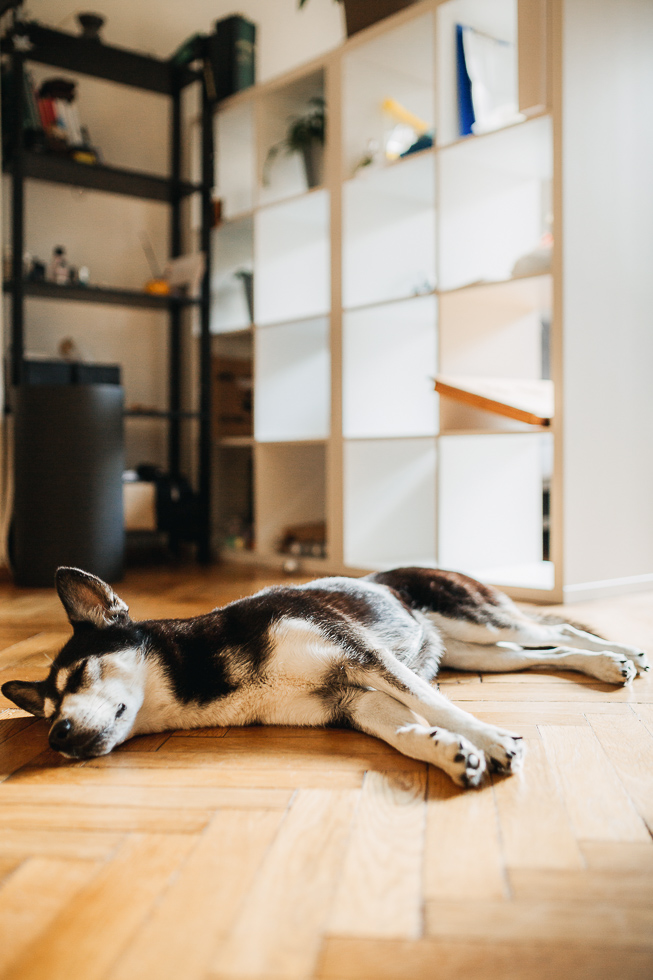Essential oils can be very beneficial to humans, and offer all kinds of mental and physical benefits. But they are not always safe for dogs. In fact, some kind be downright dangerous. If you are a fan of essential oils for your own use, you may be wondering what essential oils are safe to diffuse around dogs. Are there any at all? And if so, would they offer them similar benefits to the ones they provide you with?
These, and are other related to canines essential oil issues, are what we are going to take a closer look at here.
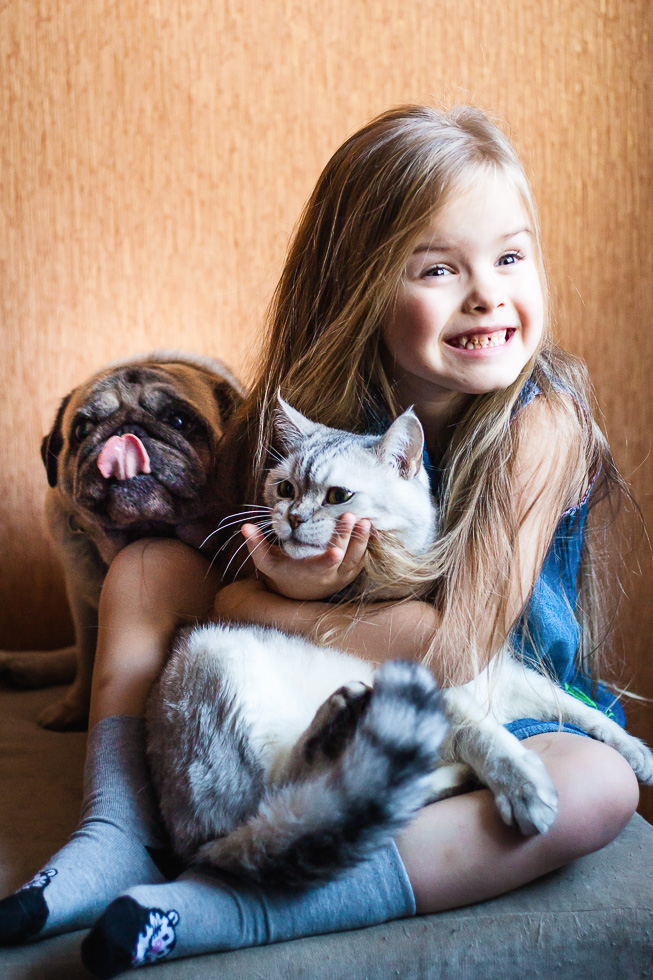 How Essential Oils Affect Your Dogs (and Cats)
How Essential Oils Affect Your Dogs (and Cats)
It’s crucial to understand the basics of how essential oils function in order to keep your pet safe. Essential oils are fragrant fatty compounds derived from a variety of plants. These chemicals are distilled into a variety of concentrations. Ranging from 100 percent pure essential oil to 1-20 percent concentrations. They are then mixed with a non-aromatic carrier oil. The more concentrated the oil is, the riskier it is for pets.
Essential oils are lipophilic. Meaning they are easily absorbed by the skin or mucous membranes (such as the lining of the mouth and nose). Which transfer the oils into the bloodstream, where the liver metabolizes and eliminates the majority of them.
Essential oils can also be inhaled as fragrances. Heading down the nose to the olfactory nerves and then to the amygdala, where they elicit a response in the brain’s emotional center. Lavender, for example, has a calming effect, but peppermint has an energizing and energizing effect. Essential oils are used by many people for a variety of health reasons. Including regulating sleep, reducing anxiety, and relieving muscle aches and runny nose. Certain essential oils, in addition to providing aromatherapy, may also work as insect insect repellent, keeping mosquitoes and other bugs at bay.
How Essential Oils are used in the home
Pure essential oils are used in these products: room sprays, perfumes, bath and personal products. Household cleaning products candles, and liquid potpourri. As well as in passive and active diffusers.
Reed diffusers, warmers, and plug-ins are examples of passive diffusers. They all release essential oil aromas into a room, which can cause respiratory discomfort in dogs and cats. Nebulizers and ultrasonic diffusers, emit not just a perfume but also microdroplets of oil that settle on adjacent objects. In addition to causing respiratory irritation, utilizing active diffusers exposes your pet to a greater risk of ingesting the oil on their fur while washing.
Dog Safe Essential Oils Explained
While the majority of essential oils should be avoided by pet parents, a handful are safe for pets when used properly. Lavender, for example, is probably the best essential oil for both cats and dogs when used moderately and in the correct proportion.
When using an oil, it must be diluted and applied correctly. Essential oils’ toxicity is dose-dependent, so the more concentrated the substance is, the more hazardous it might be.
Check with your Veterinarian
Your veterinarian can help you determine the proper dilution and dosage for individual oils, as well as which cat or dog carrier oils to use (such as coconut oil or grapeseed oil). Most pet-friendly oils require at least 1 drop of essential oil to 50 drops of pure carrier oil for adequate dilution.
Keep in mind that even the safest essential oils can irritate the airways if inhaled. Before using an essential oil product advertised for pets – such as shampoo, mists, or relaxing treats – it’s always a good idea to contact your veterinarian about its safety.
Additionally, just because an oil is safe for dogs does not guarantee it will benefit their health. Citrus oils (such as citronella and lemon oils) can theoretically help lessen the severity of flea and tick infestations. As well as the prevalence of mosquitos, when applied to repel pests. However, no scientific studies have shown that these essential oils are completely efficient at preventing disease-carrying external parasites or mosquito bites. As a result, essential oils should never be used instead of veterinary-approved, year-round flea, tick, and heartworm treatment.
 Essential Oils That are Safe to Diffuse Around Dogs
Essential Oils That are Safe to Diffuse Around Dogs
- Cedarwood oil has anti-insect properties. It also has a woody scent that can be very relaxing when diffused into a ‘busy’ room like the living room where you would prefer your pup stay calm.
- Chamomile oil also has a calming effect and helps to relax the digestive tract. Some pet parents feel it helps their picky eating pups enjoy their food more.
- Citrus oils (such as lemon and orange oil) are insect repellents and deodorizers.
- Eucalyptus essential oil
- Fennelessential oil
- Frankincense oil is being studied as a treatment for bladder cancer in both humans and dogs.
- Helichrysum oil is a member of the sunflower family that may help with bleeding problems.
Lavender essential oil has a relaxing effect. These days you can find lots of lavender based canine appeasing pheromone products. Products such as collars, sprays, and diffusers, that may also be of interest to dog parents in addition to standard essential oil diffusion. - Lemongrass essential oil
- Mint oils (peppermint and spearmint) can aid with GI distress.
- Rose essential oil
 Essential Oils that are Harmful to Dogs
Essential Oils that are Harmful to Dogs
The following list is by no means complete, but it does include some of the most toxic essential oils. If in doubt, visit your veterinarian or look up dangerous and non-toxic plants on the ASPCA Animal Poison Control Center (APCC) website.
- Cassia essential oil
- Oils with a tangy smell (such as cinnamon, clove, and oregano): Although cinnamon oil is used in some over-the-counter “natural” flea and tick spot-on treatments and collars because of its purported pest repellent abilities. It is poisonous to dogs and cats and does not provide complete protection against external parasites.
- Pennyroyal essential oil
- Pine essential oils
- Sweet birch essential oil
- Melaleuca oil (also known as tea tree oil): The majority of essential oil toxicity cases in dogs and cats are caused by tea tree oil. Tea tree oil has antibacterial effects, however it should never be administered to or applied to a dog or cat’s skin or fur. Tea tree oil, even when diluted, can be extremely harmful to a dog or cat if consumed or administered topically.
- Thyme essential oil
- Wintergreen essential oil

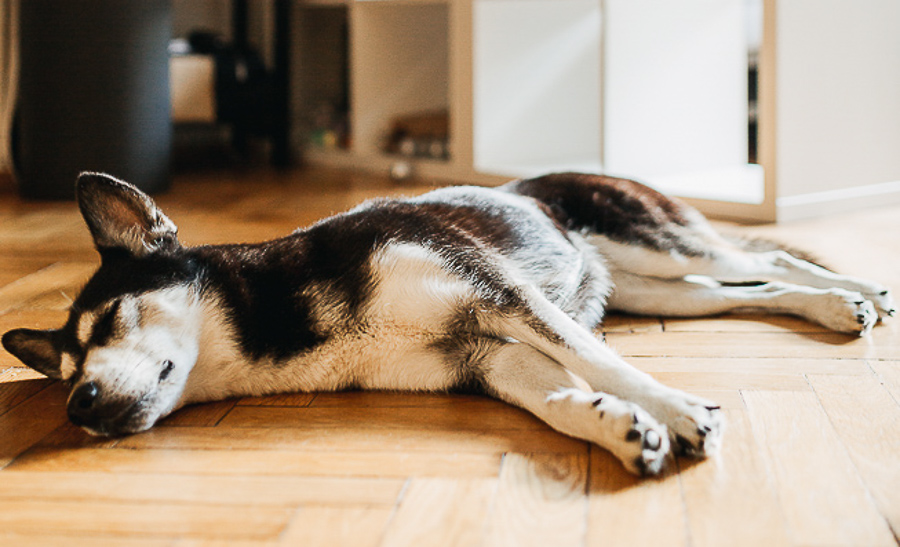
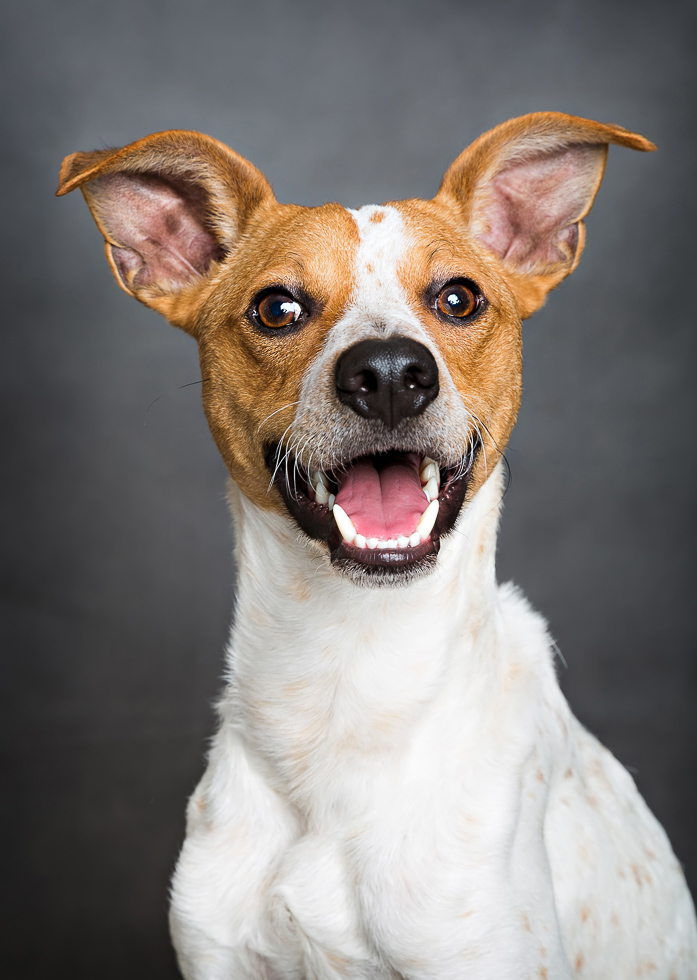 Essential Oils That are Safe to Diffuse Around Dogs
Essential Oils That are Safe to Diffuse Around Dogs Essential Oils that are Harmful to Dogs
Essential Oils that are Harmful to Dogs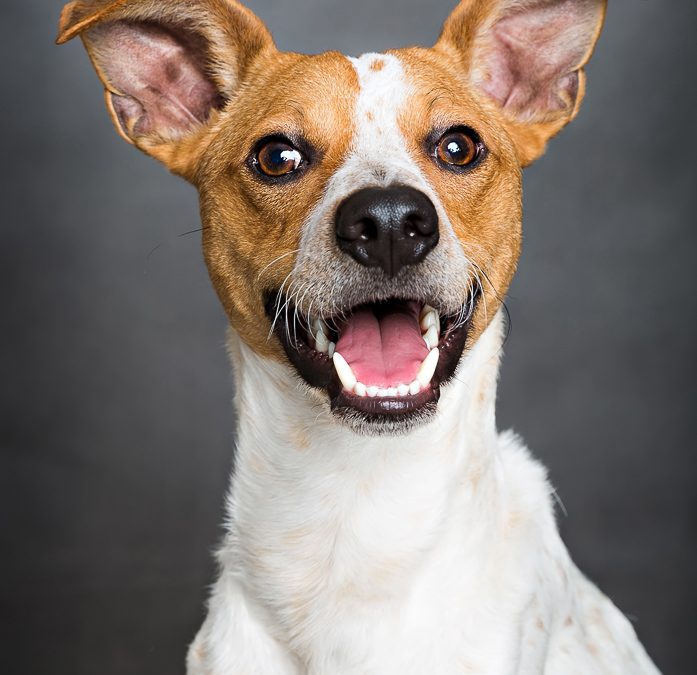
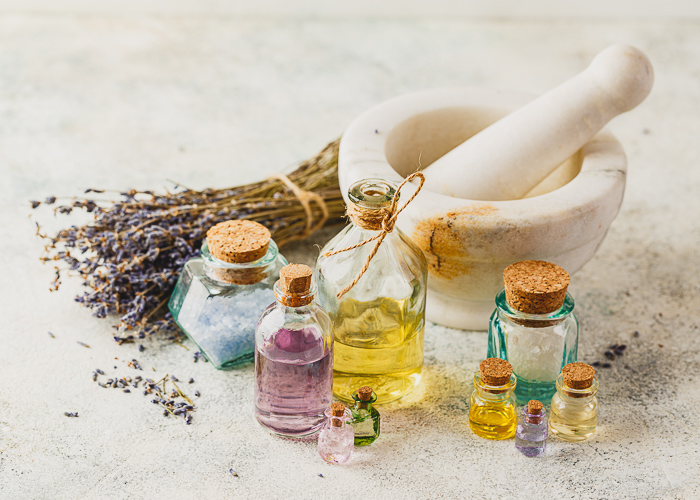 Essential Oils Explained
Essential Oils Explained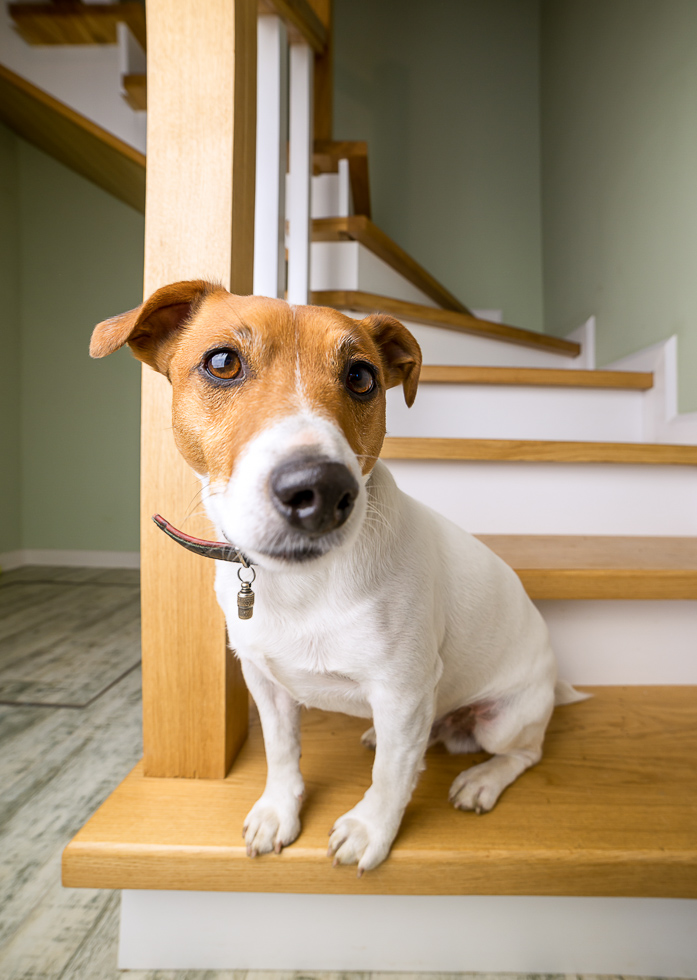 Dogs and Essential Oil Scents
Dogs and Essential Oil Scents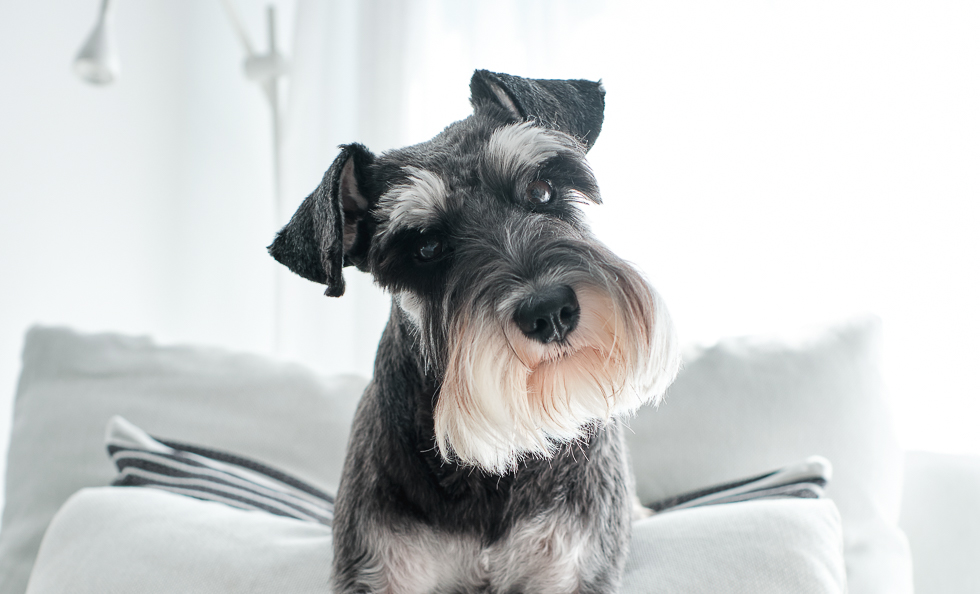 Making Use of an Essential Oil Diffuser Around Your Dog Safely
Making Use of an Essential Oil Diffuser Around Your Dog Safely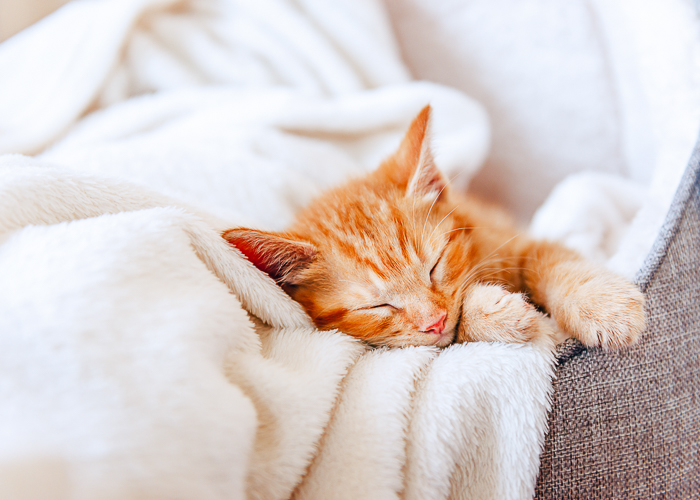
 Using Essential Oils in the Home
Using Essential Oils in the Home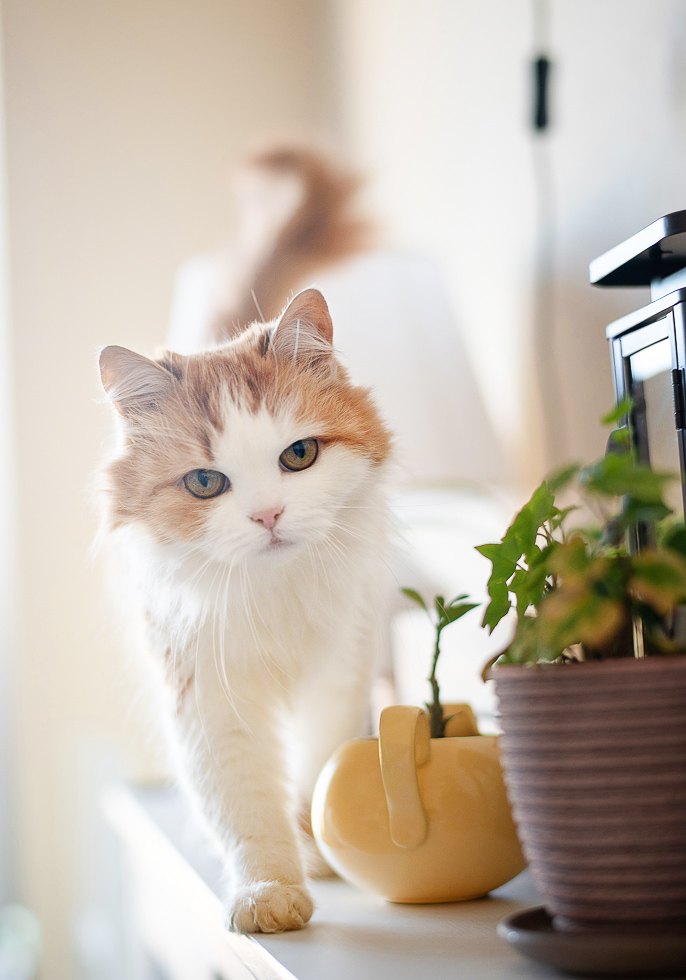
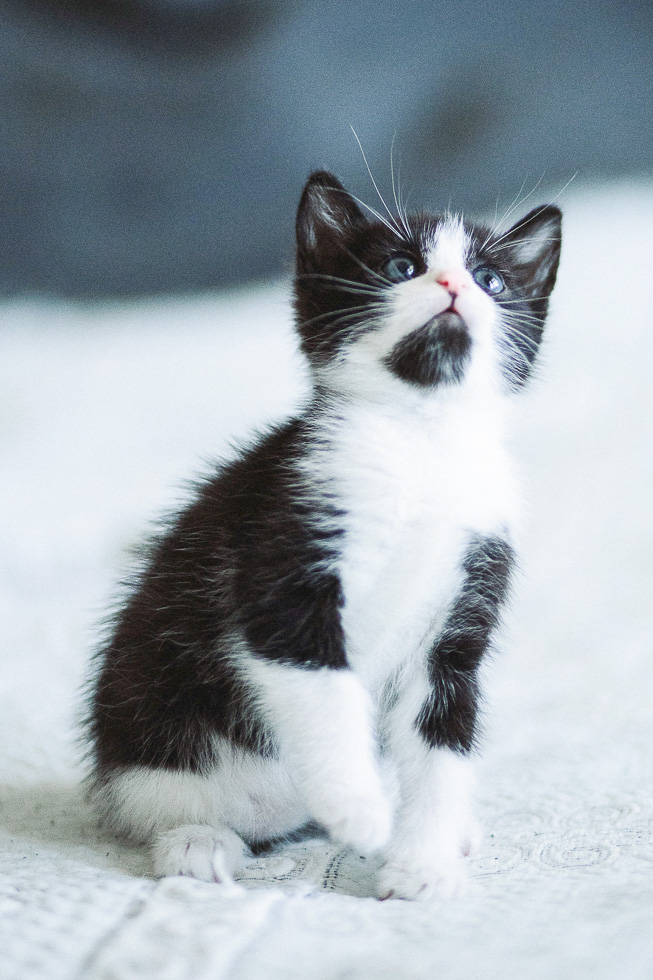
 What Essential Oils are Safe for Dogs?
What Essential Oils are Safe for Dogs?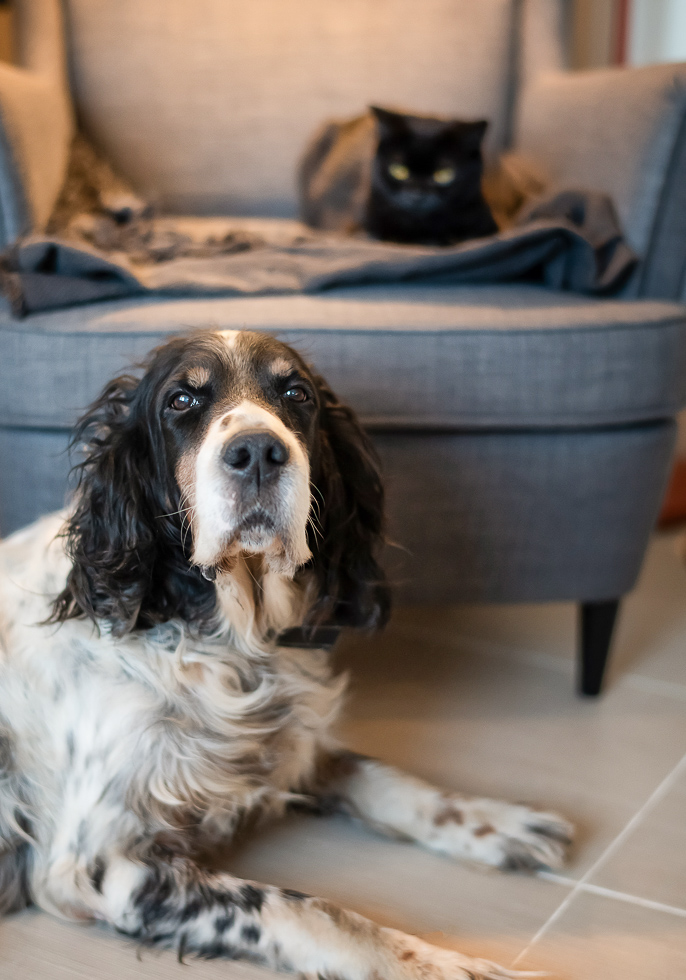 Ginger Essential Oil
Ginger Essential Oil Petitgrain Essential Oil
Petitgrain Essential Oil